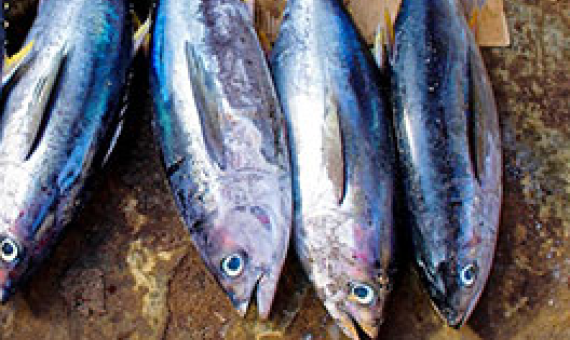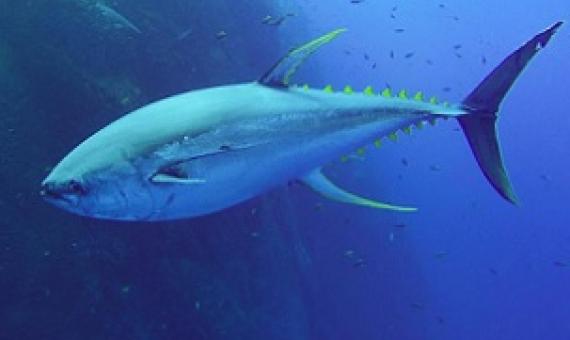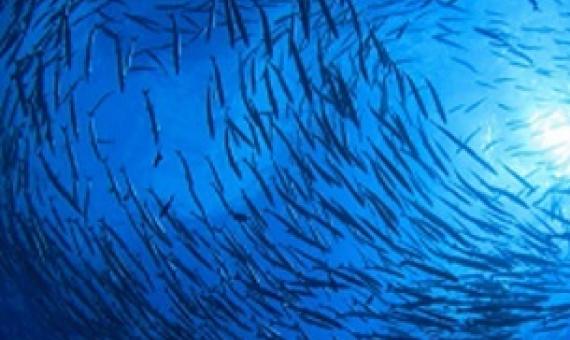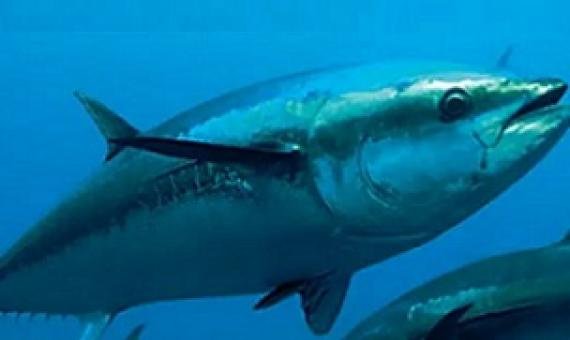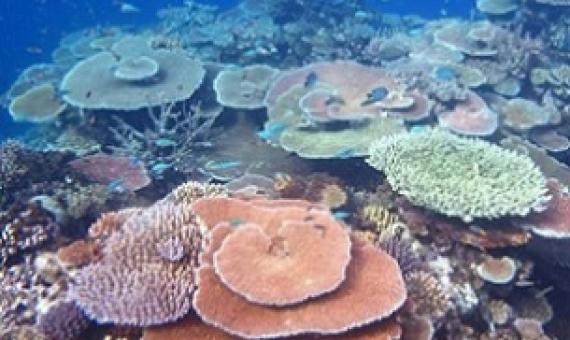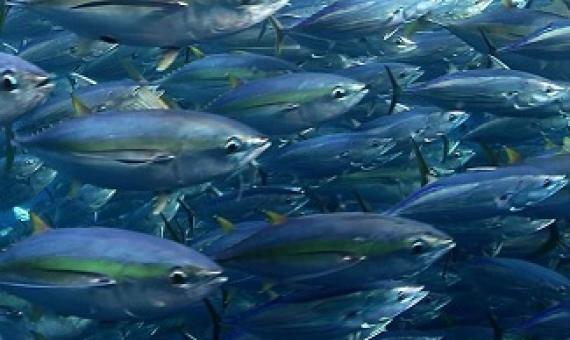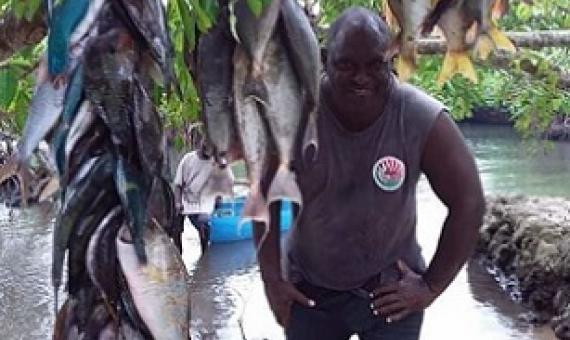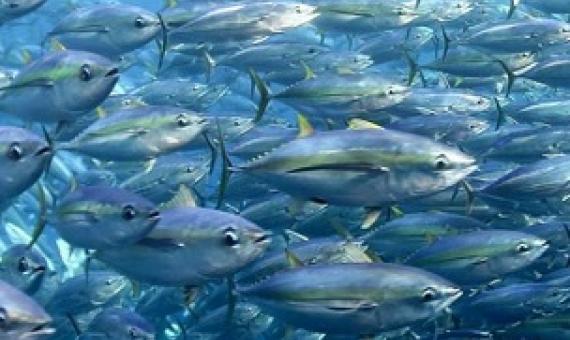The last year has seen some promising changes in the global framework for environmental governance.
Half a century of rising extinction risk of coral reef sharks and rays
Sharks and rays are key functional components of coral reef ecosystems, yet many populations of a few species exhibit signs of depletion and local extinctions. The question is whether these declines forewarn of a global extinction crisis. We use IUCN Red List to quantify the status, trajectory, and threats to all coral reef sharks and rays worldwide. Here, we show that nearly two-thirds (59%) of the 134 coral-reef associated shark and ray species are threatened with extinction. Alongside marine mammals, sharks and rays are among the most threatened groups found on coral reefs.
The head of Tonga's delegation to the Pacific Tuna Commission meeting underway in Vietnam is calling for more unity and cooperation as delegates haggle over the management measures for the multi-billion dollar fishery.
A new study led by University of Hawai’i at Manoa looked at the life cycles of ocean fish and how they get from the ocean to the dinner table. This study provided key insight into conservation and management of the surrounding waters. During their study, the university brought
After six years, the second Oceanic Fisheries Management Project in the Western and Central Pacific Ocean (WCPO) has come to an end...The aim of the project was to help the small island developing states of the WCPO ensure the sustainable management of their oceanic fisheries and to better unders
A world first study within the Great Barrier Reef Marine Park has found limited fishing zones (yellow zones) are still important conservation and fisheries management tools when paired with no-fishing zones.
Before a piece of tuna sashimi is presented to a diner, or a can of albacore makes its way to a sandwich, the fish must be caught and taken to market, ideally according to rules regarding where, when and how much fish can be taken from the water.
The Global Tuna Alliance, Friends of Ocean Action, and the World Economic Forum have introduced the 2025 Pledge towards Sustainable Tuna (25PST), a new global commitment supporting responsible global tuna fisheries management and harvesting.
The people of the Maskelyns, Southeast Malekula, are once again benefiting from the results of respecting to their own Community-Based management rules developed by the communities themselves.
A process for negotiating a new Tropical Tuna Measure has been agreed by the Western and Central Pacific Fisheries Commission (WCPFC), paving the way for adoption at the end of next year...This means the commission has avoided the problem that its counterpart in the eastern Pacific now has, after

